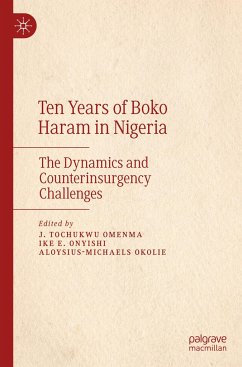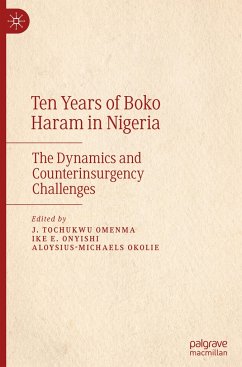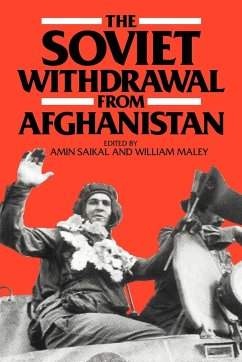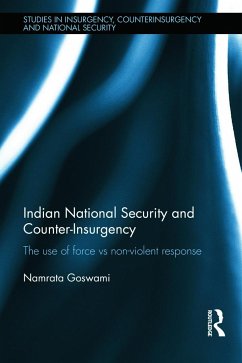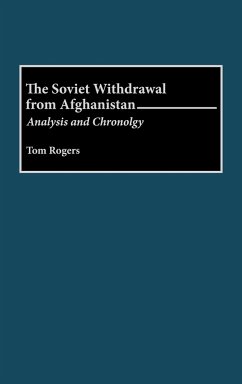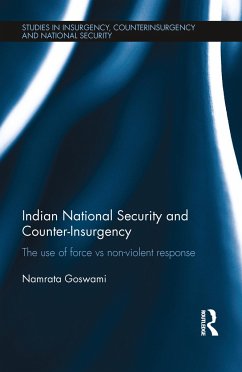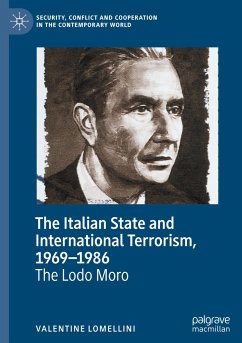
Afghanistan and Its Neighbors after the NATO Withdrawal

PAYBACK Punkte
57 °P sammeln!
The planned reductions in NATO troop numbers in Afghanistan through 2015 and a final withdrawal at the end of 2016 brings up numerous pressing questions about the security and national interests of not just Afghanistan, but of the broader region itself. The problem of a chaotic Afghanistan-or of an outright Taliban victory-is of great concern to not only immediate neighbors such as Iran, Pakistan, and the former Soviet Central Asian republics to the north, but also to those countries in the region with Afghanistan-related security or economic concerns, such as China and India. Further abroad, ...
The planned reductions in NATO troop numbers in Afghanistan through 2015 and a final withdrawal at the end of 2016 brings up numerous pressing questions about the security and national interests of not just Afghanistan, but of the broader region itself. The problem of a chaotic Afghanistan-or of an outright Taliban victory-is of great concern to not only immediate neighbors such as Iran, Pakistan, and the former Soviet Central Asian republics to the north, but also to those countries in the region with Afghanistan-related security or economic concerns, such as China and India. Further abroad, Russian, American and European interests and plans for dealing with the fallout from Afghanistan must also be taken into account as these major powers have enduring interests in Afghanistan and the region. This volume puts the prospects for short- and mid-term security dynamics at the core of the analysis, with each case being placed in its proper contemporary historical, economic, and political context. The book will offer a truly comprehensive, nuanced, and timely account of the security situation in and around Afghanistan.






